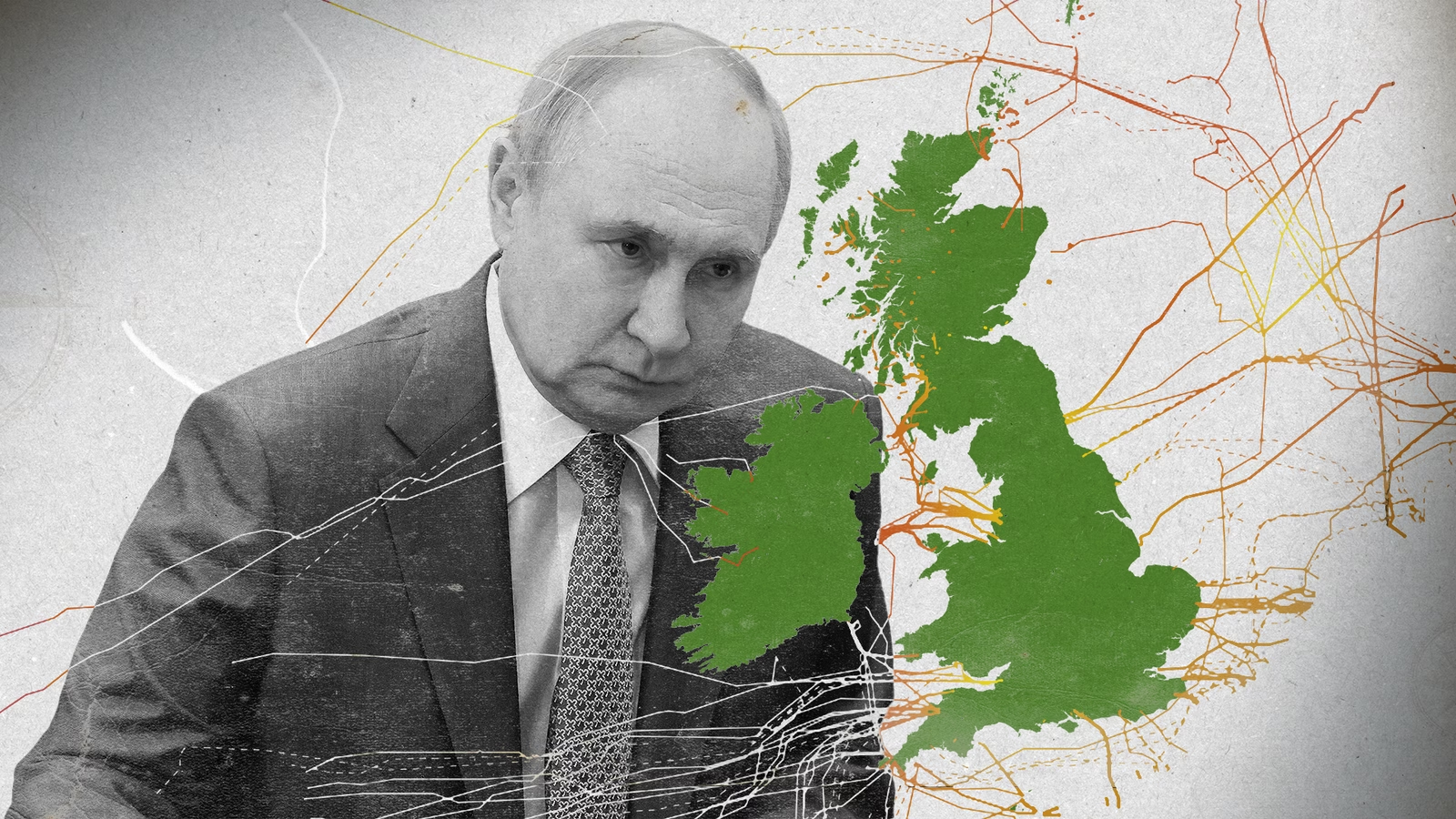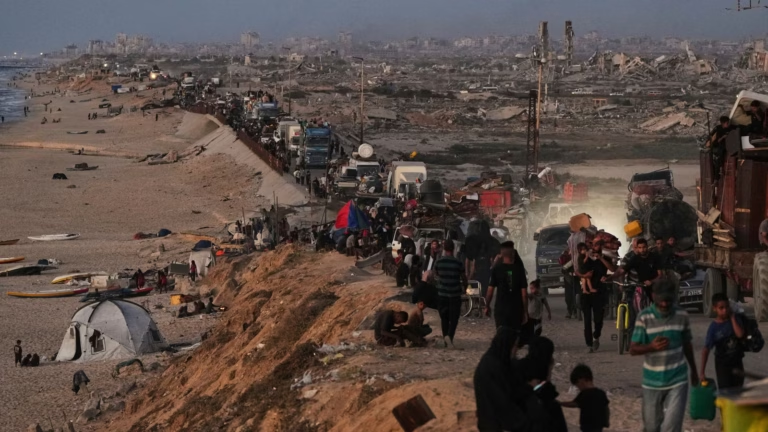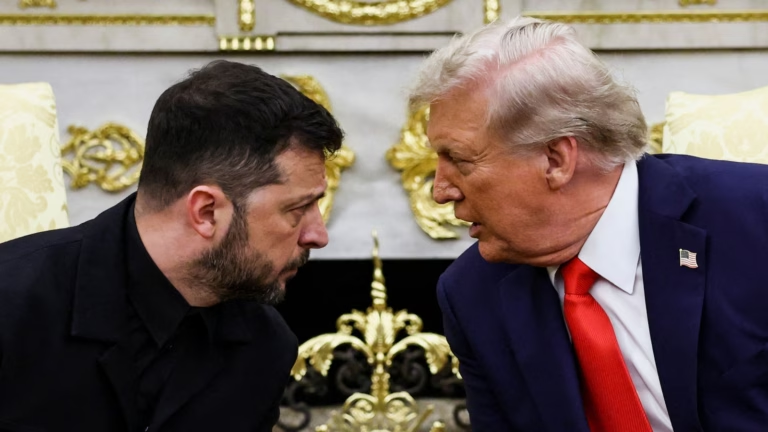<
div data-component-name=”ui-article-body” data-testid=”article-body” data-highlight-intro=”true”>
Britain's crucial network of undersea cables faces potential threats from Russia with experts warning that the country could be left with a "vulnerable soft underbelly" should these vital connections be targeted for sabotage.
Despite being separated by 21 miles of water, the UK remains connected to Europe via an intricate web of cables and pipelines.
These cables and pipelines form the backbone of modern society, conveying vital civilian and military communications, as well as electricity and gas.
However, the vast expanse of subsea cables poses a challenge in terms of maintenance and protection, leaving them susceptible to sabotage.
Following incidents of undersea cable damage in the Red Sea, which led to internet disruptions across Asia and the Middle East, Sky News examines the significance of these subsea cables and the potential repercussions, both accidental or deliberate, for the UK.
A Russian research vessel, Yantar, was closely followed by HMS Somerset through the English Channel earlier this year, with Britain suspecting it of being involved in surveillance activities aimed at mapping the UK’s critical underwater infrastructure.
Defence Secretary John Healey confirmed in parliament that Yantar is believed to be a Russian spy ship, stating it has been detected near subsea installations on several occasions.
Experts reveal that around 60 undersea cables link the UK to the global telecommunication network, with Dr Sidharth Kaushal of maritime technology expertise indicating that these cables are wide, usually encased in metal sheaths, and often buried for added protection. Pipelines carrying gas from the continent are also part of this network.
While some cables in shallow waters are easier to repair, others in deeper waters require special equipment, adding complexity to possible damages.
A recent IISS report underscored the world’s heavy reliance on undersea cables, which transmit 95% of global data flows and support approximately $10trn in daily financial transactions.
Experts believe Russia has been covertly mapping undersea cables in the West, possibly using submarines for this purpose, raising concerns about potential future threats to the UK’s communication infrastructure.
“We have seen an uptick in activity of Russian surveillance,” said RUSI’s Dr Kaushal. “One would expect they have a pretty good map” of the cable network.
Read more:
Russia’s ‘hybrid attacks’ against NATO ‘look like war’
Drones and salami: How Putin is testing the West








